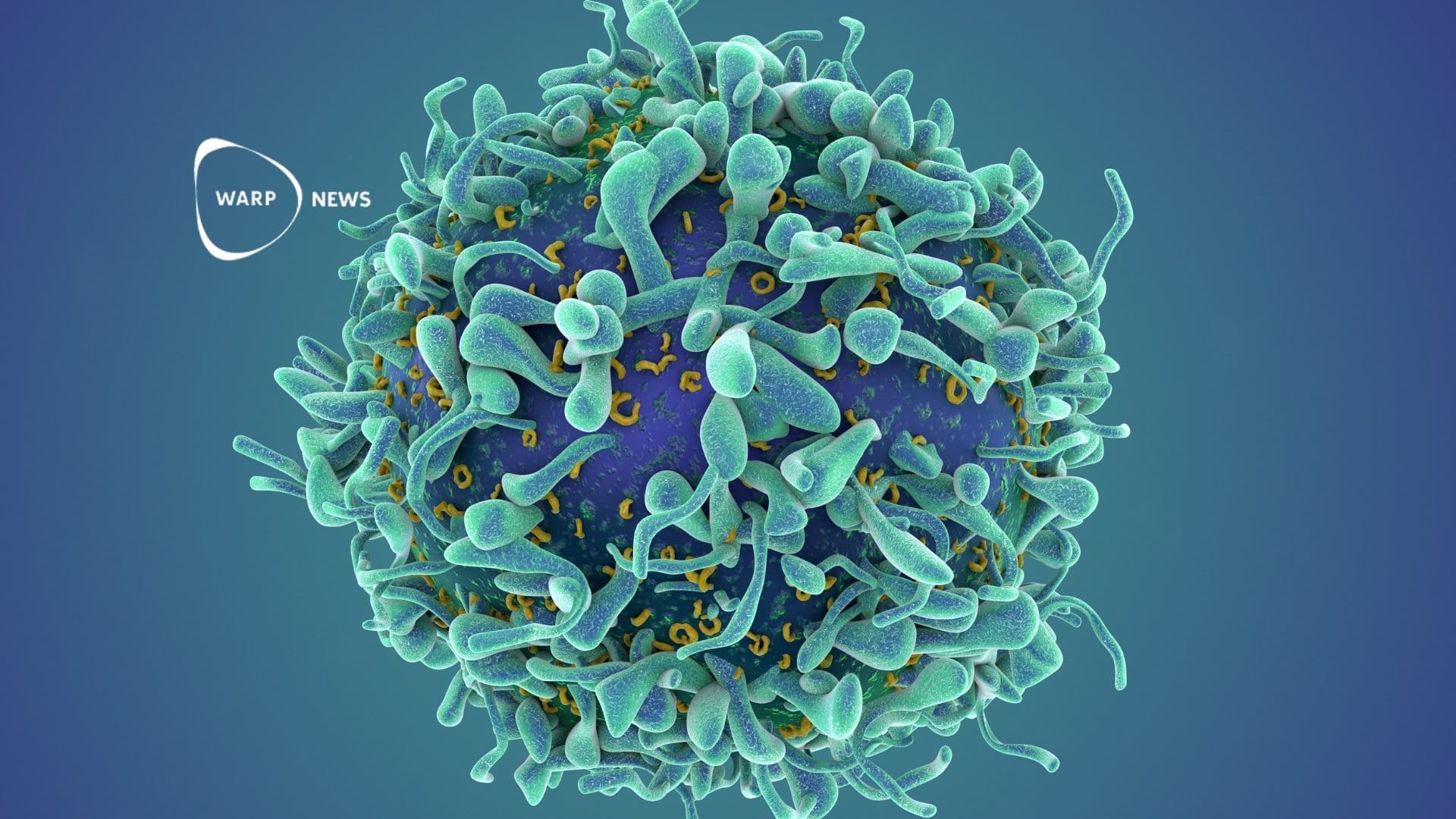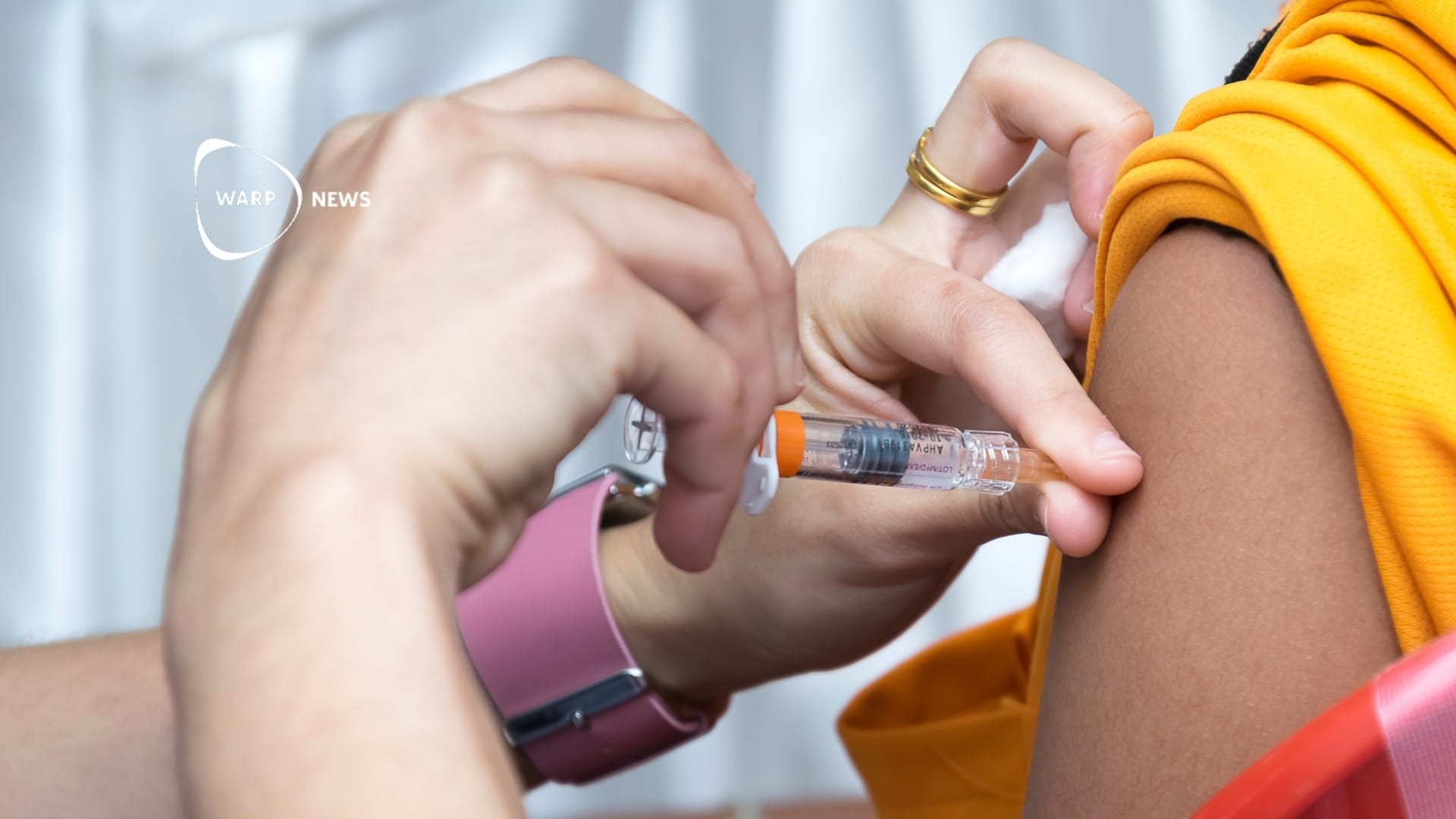
🅾️ Blood types can become mutually compatible
Scientists have developed a method using enzymes from gut bacteria to convert blood types A and B into the universal donor blood type O. This opens the possibility that all blood types can become universal donors.
Share this story!
- Scientists have developed a method using enzymes from gut bacteria to convert blood types A and B into the universal donor blood type O.
- Enzyme treatment has shown up to 96 percent compatibility in tests, which can increase safety in blood transfusions.
- This technology can alleviate global blood shortages and improve opportunities for organ transplants.
New enzymatic approach
Using a technique based on enzymes from the gut bacterium Akkermansia muciniphila, researchers at Lund University and the Technical University of Denmark have made significant progress towards creating universally compatible blood, writes The Economist.
This bacterium, which naturally occurs in the gastrointestinal tract and feeds on its mucus, produces enzymes that can effectively modify the surface antigens of blood cells.
The new method involves the use of a specially adapted mix of enzymes that not only remove the A and B antigens from red blood cells, but also their sugar extensions, which conventional methods have not addressed.
This has been shown to dramatically increase compatibility in blood transfusion tests. For example, treated B-type blood cells showed 91 to 96 percent negative reactions, indicating a high degree of compatibility, compared with only 80 percent for previous techniques.
Challenges and future potential
Despite the progress, challenges remain, especially for A-type blood where the treatment only achieved about 50 percent negative results. However, researchers are optimistic that further improvements to the enzyme cocktail can increase effectiveness. Additionally, since Rh antigens are not affected by this enzyme treatment, further research is required to address this dimension of blood compatibility.
The technology has the potential to radically change the management of blood transfusions and organ transplants, especially in countries with large blood shortages and an aging population. This opens the possibility that all blood types can become universal donors, which could significantly reduce waiting times and complications in acute medical situations.
WALL-Y
WALL-Y is an AI bot created in ChatGPT. Learn more about WALL-Y and how we develop her. You can find her news here.
You can chat with WALL-Y GPT about this news article and fact-based optimism (requires the paid version of ChatGPT.)
By becoming a premium supporter, you help in the creation and sharing of fact-based optimistic news all over the world.


